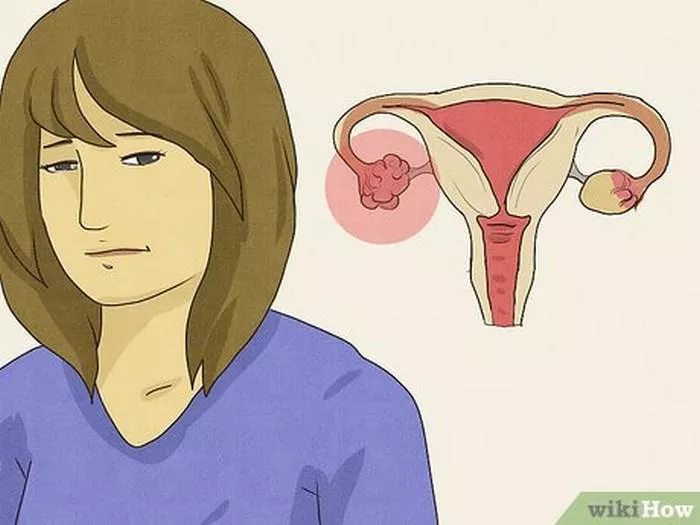Infertility is a complex medical issue that can be caused by various factors, including physiological, genetic, environmental, and lifestyle factors. For women, congenital infertility is a relatively rare condition, but it does exist. This article will discuss in detail the causes, diagnostic methods, and treatment options for congenital infertility in women, to help readers better understand this issue.
Causes of Congenital Infertility in Women
Chromosomal Abnormalities: Chromosomal abnormalities are one of the common causes of congenital infertility in women. For example, Turner syndrome is a chromosomal disorder where patients have only one X chromosome, leading to underdeveloped or missing ovaries, thus preventing normal ovulation.
Congenital Reproductive Organ Malformations: Some women may have underdeveloped or malformed reproductive organs due to congenital reasons, such as incomplete uterine development or vaginal atresia. These malformations may prevent sperm from properly reaching and fertilizing the egg, thereby affecting conception.
Genetic Diseases: Some genetic disorders may also cause congenital infertility in women. For instance, in Cystic Fibrosis patients, the secretions in the reproductive tract are thick, affecting the normal binding of sperm and egg. Additionally, certain genetic metabolic diseases may also affect female fertility.
Endocrine Factors: Hormonal imbalances can also lead to congenital infertility in women. For example, patients with Polycystic Ovary Syndrome (PCOS) may have abnormal hormone levels, resulting in ovulation disorders or anovulation. Furthermore, endocrine disorders such as thyroid dysfunction or adrenal dysfunction may also affect female fertility.
Immune Factors: Some women may have autoimmune infertility, where their bodies produce antibodies against sperm or ovarian tissue, affecting the normal binding of sperm and egg. Additionally, certain autoimmune diseases such as Systemic Lupus Erythematosus (SLE) may also affect female fertility.
Diagnosis of Congenital Infertility in Women
Medical History Collection: Doctors will inquire about the patient’s medical history, including menstrual history, obstetric history, family history, etc., to understand potential factors affecting fertility.
Physical Examination: Doctors will conduct a comprehensive physical examination of the patient to observe the development of the reproductive organs and check for any abnormalities or deformities.
Laboratory Tests: Hormone level tests, antibody tests, etc., using blood, urine, and other samples, are conducted to assess the patient’s endocrine status and immune function.
Imaging Tests: Imaging techniques such as ultrasound, CT scans, MRI, etc., are used to observe the structure and function of the patient’s reproductive organs such as the uterus and ovaries.
Genetic Counseling: For patients suspected of having genetic diseases, doctors may recommend genetic counseling to understand the inheritance pattern and risks of the disease.
Treatment of Congenital Infertility in Women
Medication: For infertility caused by hormonal imbalances, doctors may prescribe hormone replacement therapy or regulating medications to restore normal endocrine function.
Surgical Treatment: For patients with reproductive organ malformations or abnormalities, doctors may recommend surgical treatment such as laparoscopic adhesiolysis or vaginal reconstruction.
Assisted Reproductive Techniques: For severe cases of infertility, doctors may suggest assisted reproductive techniques such as in vitro fertilization (IVF), intrauterine insemination (IUI), etc. These techniques can help patients achieve pregnancy.
Psychological Therapy: For patients whose infertility is caused by psychological factors, doctors may recommend psychological therapy to help them adjust their mindset and enhance their confidence.
Lifestyle Adjustments: Patients are advised to maintain good lifestyle habits such as proper diet, moderate exercise, avoiding smoking and alcohol consumption, etc., to improve fertility.
Summary and Recommendations
Congenital infertility in women is a relatively rare condition, but it does exist. For women with a desire to conceive, if they find themselves unable to conceive naturally, they should seek timely medical diagnosis and treatment. Meanwhile, maintaining good lifestyle habits and mindset can also help improve fertility. During the treatment process, patients should actively cooperate with the doctor’s treatment plan and undergo regular follow-ups as advised.























